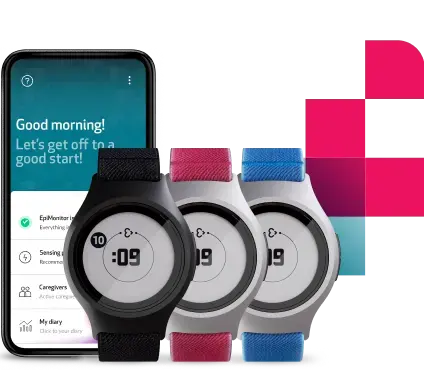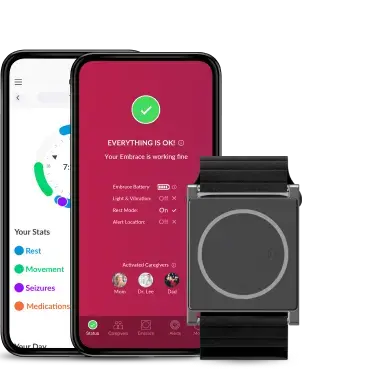E4 Bytes: Measuring emotional engagement during VR experiences
Background
Emotions are crucial ingredients of meaningful and memorable tourism experiences. It is therefore essential for experience researchers to be able to accurately measure emotions while experiences are unfolding in time. Research methods borrowed from experimental psychology and psychophysiology are prime candidates for quantifying emotional engagement with great temporal precision. The present paper empirically evaluates the methodological feasibility and usefulness of ambulatory recordings of skin conductance (SC) responses during a tourism experience.
Methods
We recorded skin conductance (SC) with Empatica E4 wristbands in participants while they experienced a roller coaster ride with or without a Virtual Reality (VR) headset. As a roller coaster is a relatively adverse environment for physiological recordings, measurements contained substantial motion artifacts. We therefore developed and implemented a simple algorithm in Matlab (freely available upon request from the authors) that semi-automatically detects and removes motion artifacts from SCR measurements. Ride elements were identified that related to physical aspects (such as accelerations and braking), to events in the VR environment, and to the physical theming of the rollercoaster.
Results
SC response time series were meaningfully related to the different ride elements. SC responses did not significantly predict overall evaluations of the ride. We conclude that psychophysiological measurements are a new avenue for understanding how hospitality, tourism & leisure experiences dynamically develop over time.
References



